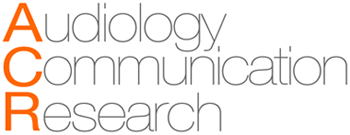ABSTRACT
Purpose
To investigate and compare specific oral readiness behavior and behavioral states of term newborns (TNB) and preterm newborns (PTNB) based on taste stimulation (water and sucrose).
Methods
Experimental, analytical, double-blind, case-control study: 152 newborns from a public maternity hospital participated, 68 of them were term newborns and 84,preterm , divided according to taste stimulus (water or sucrose). The test lasted 15 minutes, divided into three periods of 5 minutes. We evaluated behavioral states and specific behaviors.
Results
We observed significant difference by comparing stimulations and longer periods of right (p=0.042) and left (p=0.037) hand suction for mouth behavior, shorter sleeping periods (p=0.019) in TNB stimulated with sucrose. In PTNB, we observed longer periods of right hand (p=0.043) and left hand (p=0.001) suction, suction (p<0.001) and alert state (p=0.025) when stimulated with sucrose. We found a decrease in agitation (p=0.018) in PTNB stimulated with water. The TNB were asleep for longer periods of time than PTBN (p=0.032). Sucrose stimulation in alert state is more evident in PTNB (p=0.047).
Conclusion
Sucrose elicited motor responses related to food readiness and favorable behavioral status for food regardless of gestational age. The findings are important for the speech therapy clinic, enabling broader feeding stimulation approaches.
Keywords:
Newborn; Infant premature; Taste perception; Sucrose; Sucking behavior
